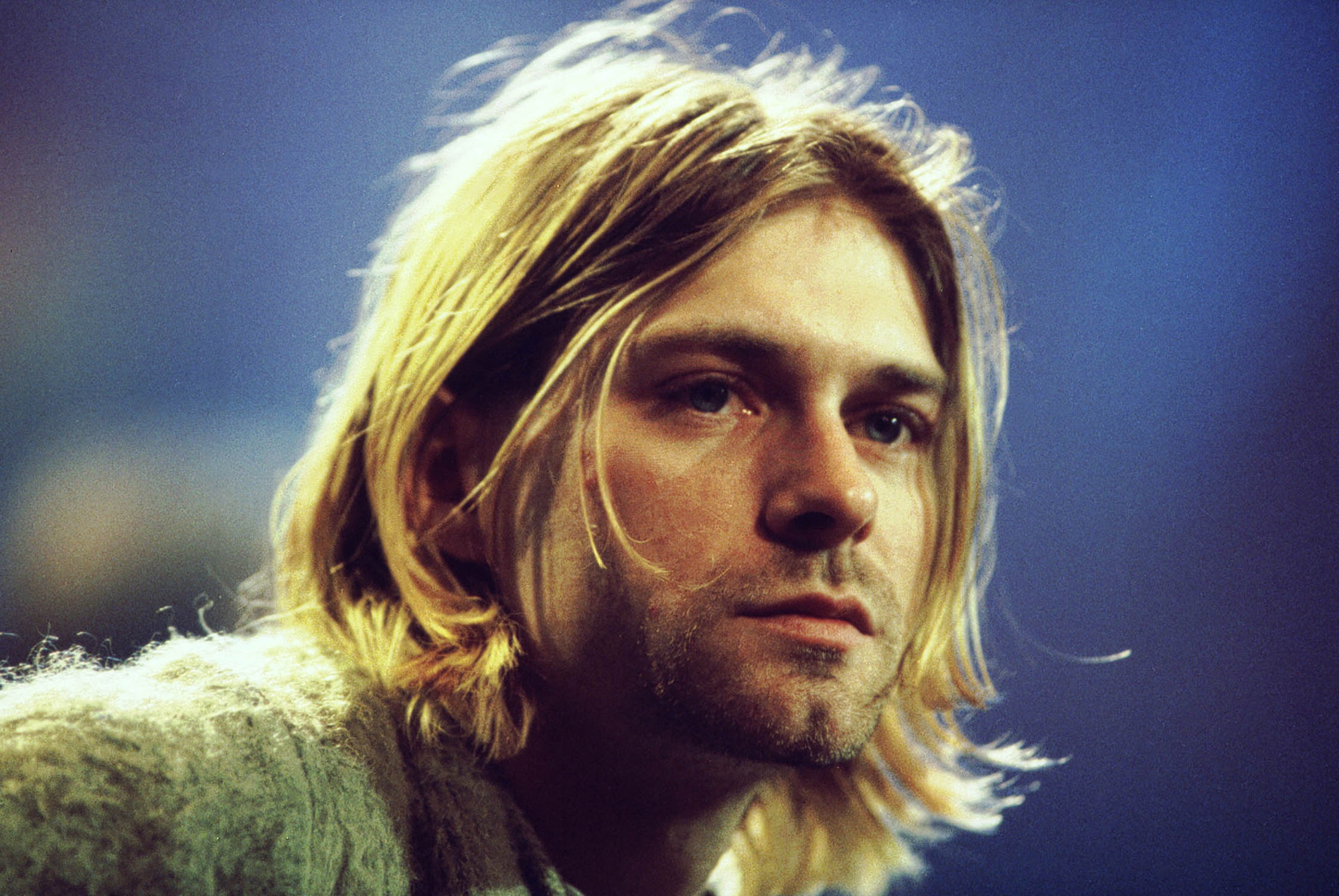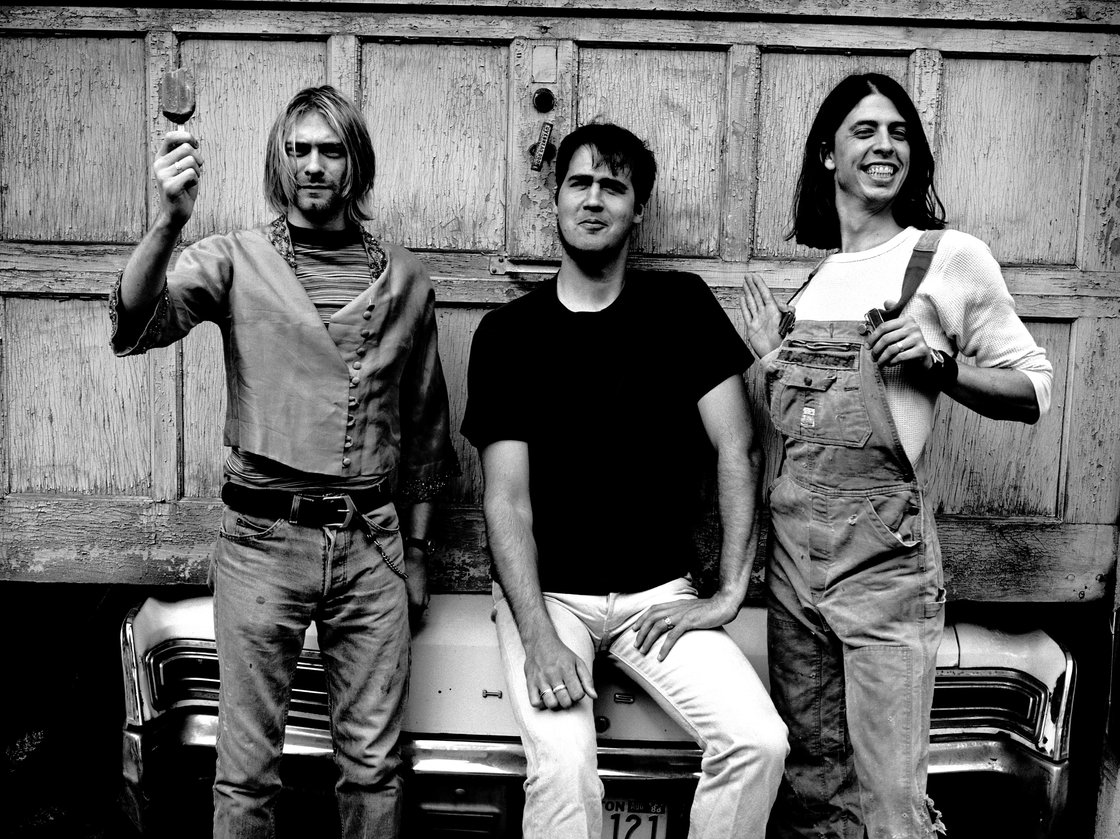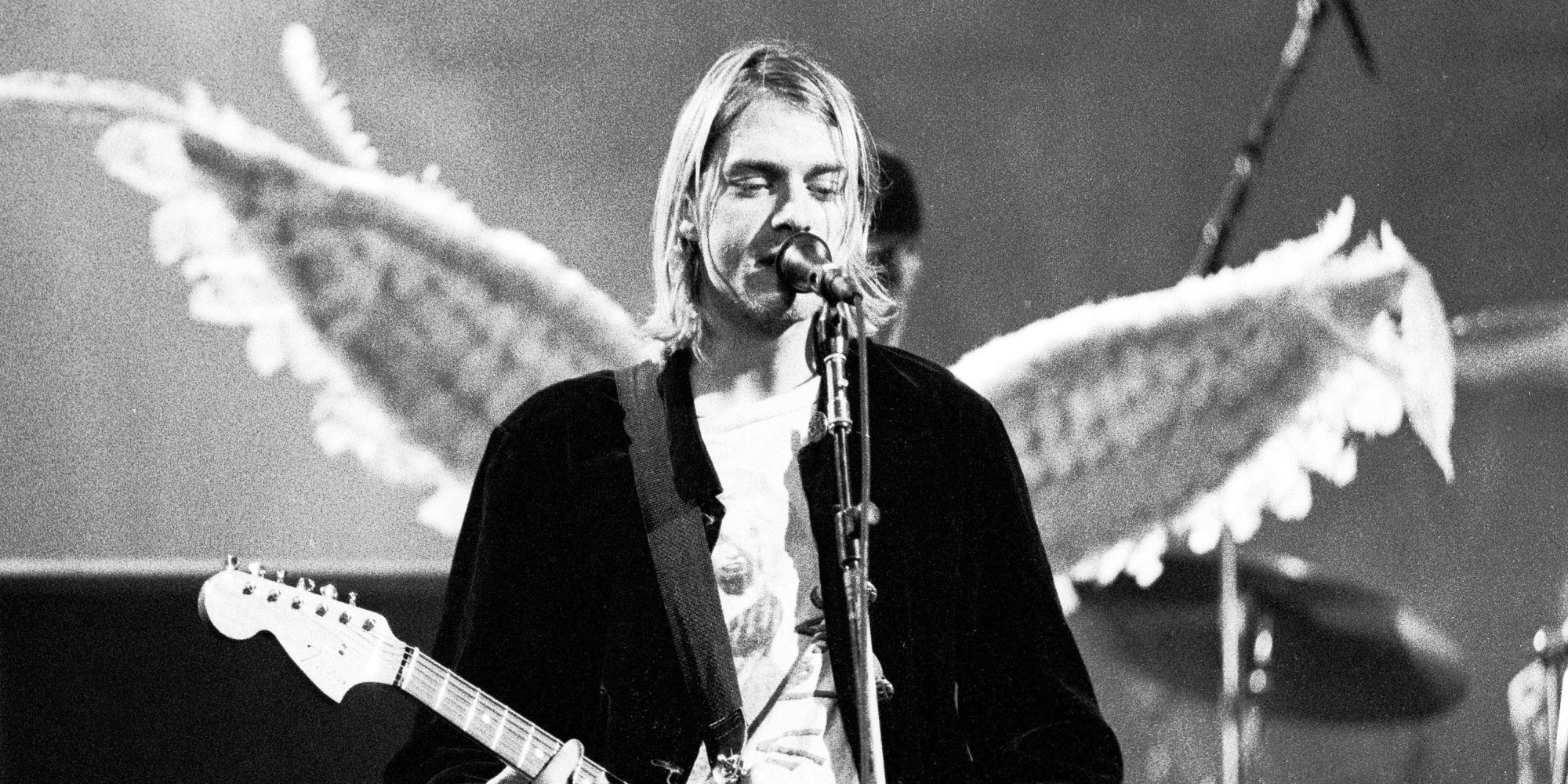SOPHIE NEVRKLA looks at how Montage of Heck missed the point of Nirvana’s music.

Nobody needs to hear more clichés about how grunge-rocker Cobain was the ‘voice of a generation.’ As a Nirvana fan, when I heard about Montage of Heck I was thrilled. The team telling Cobain’s story had been given unlimited access to his archives, home videos, unreleased songs, journals, artwork, photography, and songbooks. I felt he was finally going to be treated like a person, rather than a lazy caricature. The film had much to recommend it: an Academy Award nominated director, Brett Morgen; the validation of almost every major newspaper; 97% on Rotten Tomatoes.
So why did it leave disappointment in its wake?
Frances Bean Cobain, Kurt’s daughter and executive producer of Heck, said in an interview with Rolling Stone: ‘He inspired people to put him on a pedestal, to become St. Kurt.’ Indeed, Nirvana inspired the kind of mania that had not really been seen since The Beatles. Their aim, she said, was to banish the remaining ‘mythology of Kurt… the romanticism.’ Cobain’s command to ‘Come as you are’, truthfully realised on screen.
Ironically, Montage of Heck does the opposite. The bulk of the story’s so-called facts are constructed from Cobain’s diaries, his drawings and words actualised through animation and voiceovers. But I doubt we can wholeheartedly trust these journals. We are not entirely honest in our own, sifting through and working out our thoughts. Why would a truth-seeking filmmaker base a narrative on such unreliable sources? However elusive the truth can be, the complete picture is not found in a sketch of a burning house, or a scrawled, depressive note. The film only reinforces the image of Cobain that the media and Courtney Love – who gave the film her official stamp of approval – have been perpetuating since his death. He is the eternally angry adolescent, the 90s answer to the tortured poet. Robert Smith of The Cure described their mutual problem, saying: ‘That’s the difficulty with writing songs that are a bit depressing. People think you’re like that all the time, but I don’t think that. I just usually write when I’m depressed.’

All of those interviewed for Heck, though, have something to be gained from keeping this moneymaking myth alive, especially Courtney Love, who retains control over the Cobain estate. Her own record with those who challenge her authority has been patchy, to say the least. Nick Broomfield, director of the 1998 film Kurt and Courtney, recalled the experience, describing it as a ‘living hell’ after he explored the couple’s murky marital situation, and the possibility – one that some policemen and friends have ratified – that his death was not a suicide. Buzz Osborne – front man of The Melvins and Cobain’s friend – said in an interview for The Talkhouse, ‘90% of Montage of Heck is bullshit…this isn’t surprising considering history becomes elastic whenever Courtney Love opens her mouth.’ This added to the sense that the truth had been obscured, of Heck being a creation of style, with no substance.
But the erratic nature of Morgen’s slim cast of interviewees doesn’t stop there. Cobain’s mother is another favourite, given a starring role to share her motherly love despite kicking her son out of the house multiple times after her divorce. At one moment she lets the mask slip, saying ‘that was another thing I got sick of looking at’, concerning her son’s likeness to her husband, Don Cobain. Tracey Marander, the inspiration behind ‘About a Girl’, appears shocked when told that Cobain’s first recorded use of heroin took place when they were dating. ‘I had no idea,’ she stammers – but, given the fact they lived together, it is difficult to believe her. The problem with a narrative like this, is that it hands the subject over to a select group of people rather than allowing several different, clashing points of view. Asif Kapadia’s brilliant music documentary, Amy, is the polar opposite. He interviews hundreds who knew Winehouse, and keeps parents’ views (who often sugar-coat the past if it is unsavoury) as far out of the picture as he can. Kapadia knows bias when he sees it; Morgen allows it to flourish. This approach is not helpful when dealing with an already complicated musical icon who has been the subject of relentless gossip and hearsay. Why not interview producers of Nirvana records, or musicians on the grunge scene in the late 80s and early 90s whom he would have known? The music is left almost entirely by the wayside, which has been a consistent problem for previous documentaries and biographies.

Perhaps most depressingly, Morgen does not fully comprehend Nirvana. Their lyrics are characterised by ambiguity, a schizophrenic divide between sarcasm and sincerity. Kurt Cobain played up to the public perception of him as many artists do. Lana Del Rey’s ‘Sad Girl’ and Taylor Swift’s ‘Blank Space’ are examples of this – musicians who are assigned certain roles by the media often aggressively take control of the boxes they have been put in, reasserting their creative autonomy. Del Rey embraces the submissive femme-fatale role and jokes about it; Swift mocks the psychopathic man-eater people think she is; Cobain did the same with his lyrics. Morgen plays a clip of Cobain discussing a track removed from 1993’s In Utero, ‘I Hate Myself And Want To Die.’ The concerned interviewer takes the song literally and Cobain laughs. He misses the song’s admittedly dark humour. ‘Runny nose and runny yolk’ sings Cobain, ‘One more quirky clichéd phrase.’ The song is a painfully self-conscious satire of the media’s cartoonish, depressed Cobain. In Utero was initially entitled I Hate Myself And Want To Die, but fellow band members worried that the dark humour would be lost on most critics and fans: ‘We knew nobody would get it,’ said Kurt, in 1993 to Rolling Stone. As a journalist, Morgen misses the point: he shows us the one-dimensional Cobain.
In reality, people are much more complex. Montage of Heck perpetuates the myth of Kurt Cobain as the suicidal, tortured genius and it’s a myth that requires debunking. As Buzz Osborne goes on to say: ‘I suppose this movie will be interesting for Nirvana completists, because it certainly reinforces their already twisted view of the man. I found it to be mostly misguided fiction.’




